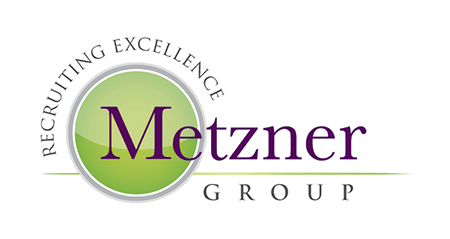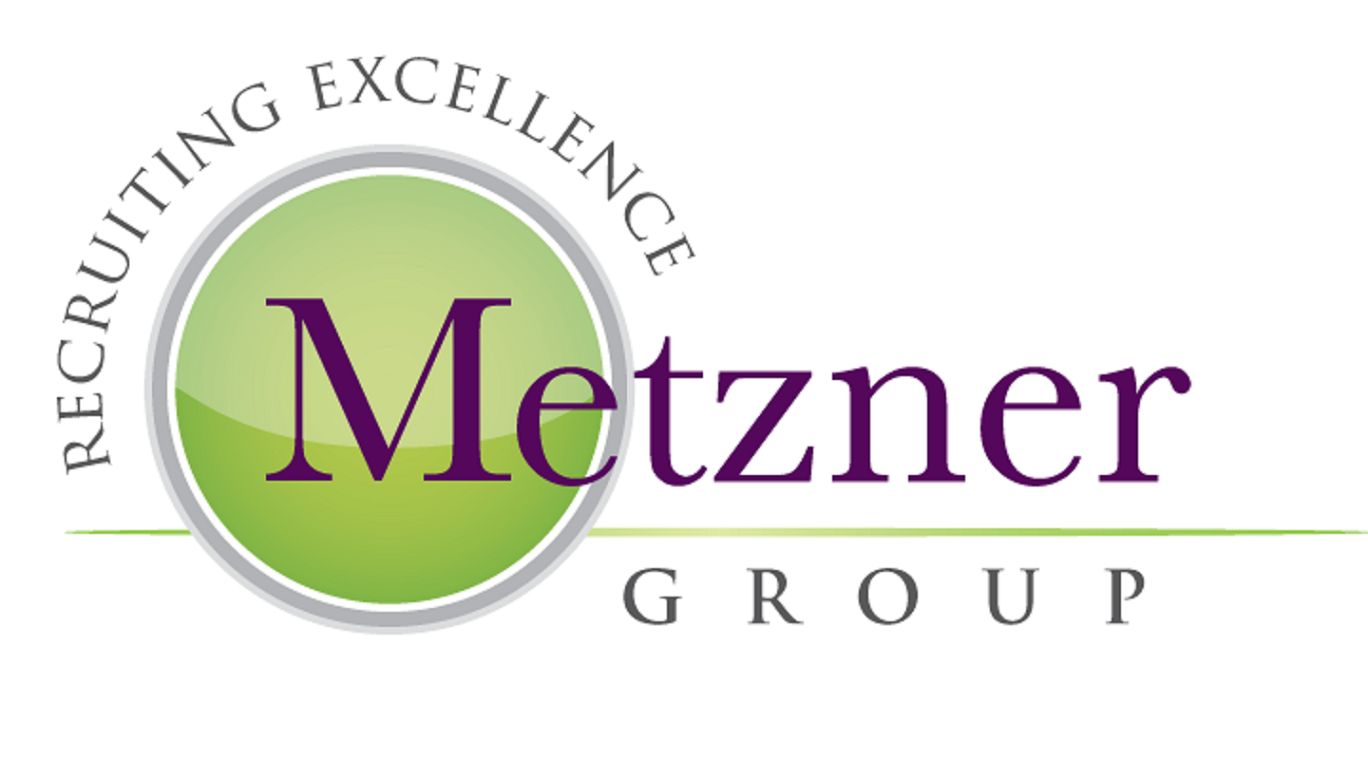Choosing Between Civil Engineering Job Offers
Spring has sprung and there appears to be a sense of energy within the civil engineering job market. As a civil engineering recruiter, my phone is ringing from companies looking to hire and from experienced civil engineers ready to make a job change. Fortunate candidates are finding themselves with multiple offers and career choices. The question is no longer “Should I leave my employer?” but rather “Which offer do I choose?”
Here are some suggestions to help guide you when choosing between job offers:
Trust Instincts
If you are a strong analytical thinker, you are more likely to focus on the facts. That comes next. First, how did you feel when you left each interview? Do you remember? Just because one job may appear better on paper, that doesn’t mean it is the best job for you.
Consider other factors such as environment, future colleagues, personality of supervisor, company culture. What does your instinct tell you? In which job will you feel the most enjoyment? Did you meet any potential colleagues? Did they appear stressed or friendly? Did you feel a good chemistry or good “vibe” when you walked in the company door?
Think Analytically



